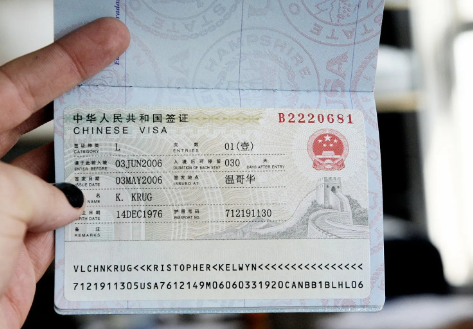What free entry to country means

In a bold move aimed at fostering economic inclusion and boosting tourism, Kenya has announced that it will allow visa-free entrance for travellers starting next year.
This decision, announced by President William Ruto during his Jamhuri Day address yesterday, is expected to have far-reaching implications for the country’s development, particularly in terms of tourism arrivals, economic inclusion and trade.
With the ease of travel, more tourists from around the globe are expected to explore Kenya’s rich cultural heritage and breathtaking natural beauty.
In addition, by opening its doors to all, particularly those traveling for business, Kenya is taking a significant step towards fostering economic inclusion. The move is expected to lead to increased cross-border trade in products, services and capital, promoting economic expansion and progress. It will also provide opportunities for small and medium-sized enterprises to access new markets and expand their customer base.
Ruto’s decision to allow visa-free travel is also about trade and economic growth. With fewer barriers to entry, businesses can operate more freely, leading to increased trade activities.
Beyond the economic implications, the move is also seen as a call for unity and cooperation among African nations. By removing visa restrictions, Kenya is fostering an environment that encourages cultural exchange and mutual understanding. This could lead to stronger diplomatic ties and improved international relations.
While the full impact of this decision will only become clear in the years to come, it is evident that the country is positioning itself as a leader in economic inclusion and growth. However, beneath the surface of this seemingly beneficial policy, there are potential pitfalls that could pose significant challenges.
One of the most pressing concerns is security. Visa processes often serve as the first line of defense against potential security threats. They provide a mechanism for conducting background checks and vetting individuals before they enter a country.
By eliminating these checks, countries could inadvertently open their doors to individuals who pose a security risk.
Another potential downside is the risk of increased illegal immigration. Without visa processes, countries might find it more difficult to manage immigration effectively, potentially leading to an increase in illegal immigration.
The issue of overstaying is also a significant concern. With visa-free travel, individuals might be tempted to extend their stay beyond the permitted period, leading to illegal residency. This could put additional strain on the country’s resources and infrastructure.








